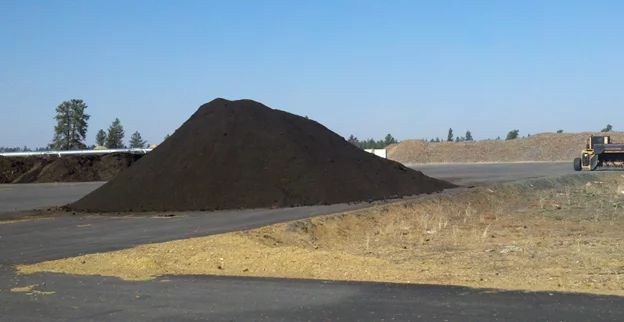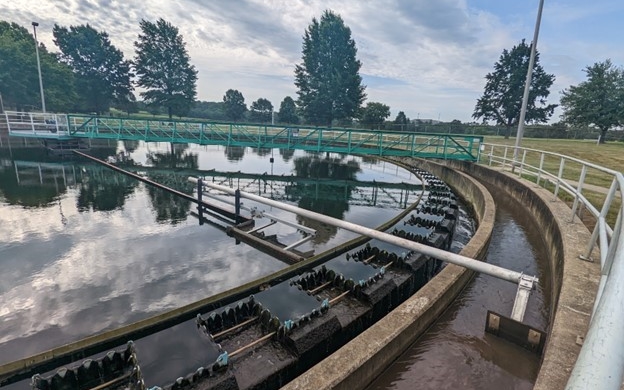Forever chemicals, per- and poly-fluoroalkyl substances (PFAS), are regularly in biosolids headlines these days. While these chemicals are found everywhere from cosmetics to the human blood stream, biosolids based compost has recently come under particular scrutiny. As a science-based company, ECS follows the publications by numerous agencies and researchers so we can help our clients understand and manage these concerns.

Here are some of our observations:
Here are links to some of the sources we have found to be helpful:
WORC presentation, Ned Beecher, Mary Harrington:
BioCycle articles by Sally Brown:
California Association of Sanitation Agencies
Bay Area Clean Water Agencies:
MyLifeOutdoors

Land application of biosolids based compost provides numerous benefits including nutrient recycling, carbon sequestration, decreased irrigation requirements, and improved soil health. The State of Maine’s recent ban of biosolids land application, composted or otherwise, eliminates these benefits as the biosolids are redirected to the landfill or incineration.
We hope to see continued source reduction continue leading to reduced levels of PFAS by the time they reach the wastewater treatment plant. In the meantime, we hope politicians will base policy decisions on the best available science regarding life-cycle analysis of PFAS. We will continue updating this page as more information becomes available.